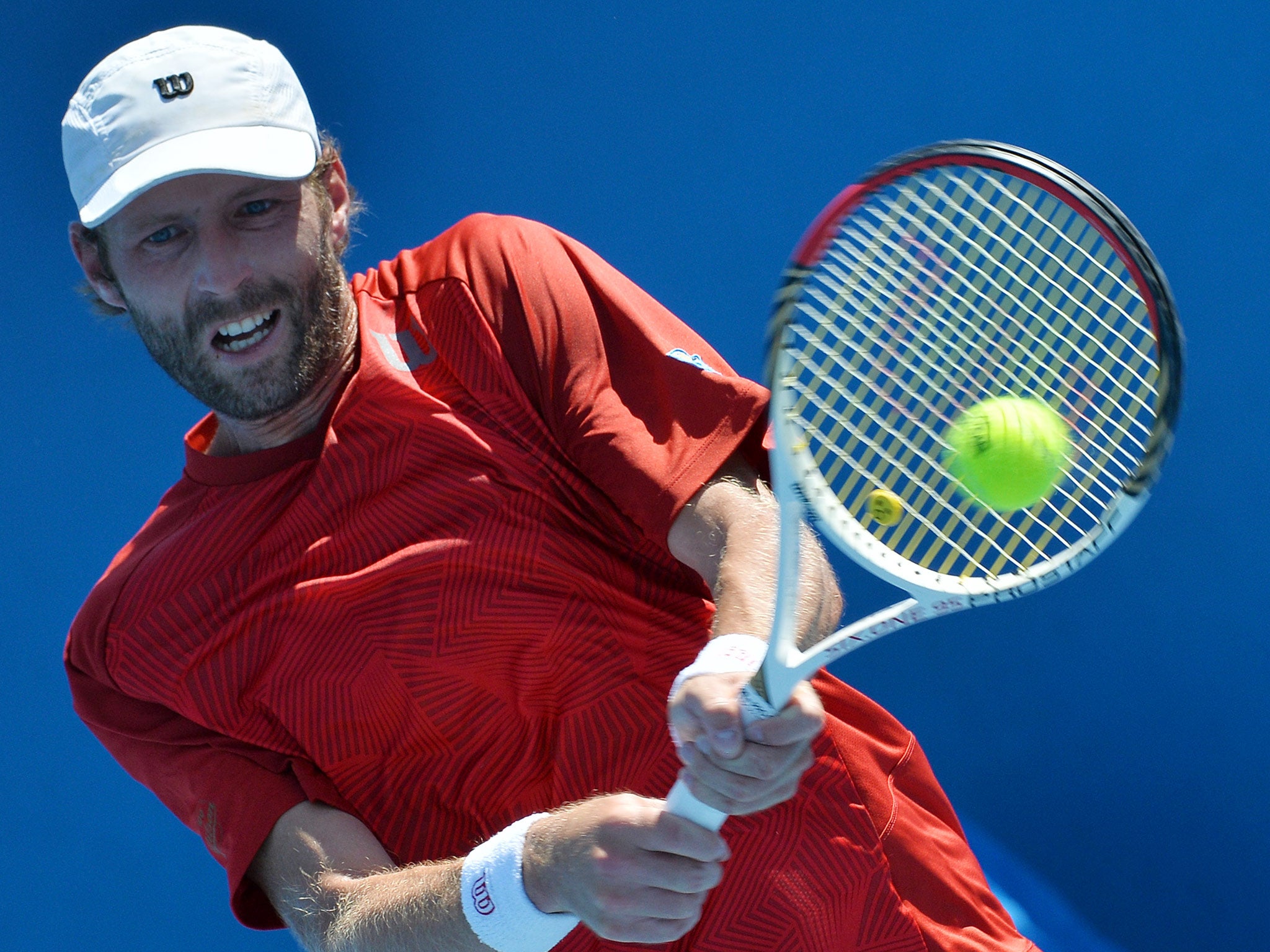Australian Open 2014 - Comment: Competitors need compensation if injury means they miss start of a Grand Slam
A trend of players pulling out of first round matches is emerging

Stéphane Robert, a journeyman French player, should have Philipp Kohlschreiber on his Christmas card list this year. The German’s withdrawal from the Australian Open on Tuesday morning with a hamstring injury, put Robert, a “lucky loser” from the qualifying competition, into the first round, in which he proceeded to beat Slovenia’s Aljaz Bedene and guarantee himself prize-money of A$50,000 (about £27,400).
Contrast Kohlschreiber’s actions with those of Polona Hercog, who played just six points before retiring against France’s Alize Cornet with a shoulder injury. The 22-year-old Slovene earned A$30,000 (about £16,500) for her 10 minutes on court, but because her match had started she was not replaced in the draw. Nine players had retired mid-match in the first round by the close of play on the second day.
It is a situation which the Grand Slam tournaments need to address. Their actions in upping the prize-money for losers in early rounds are commendable, given the low rewards for the lesser-ranked players for the rest of the year, but the situation encourages individuals to compete even if they are injured.
If Hercog knew she was not going to be able to complete the match, you could still understand why she might have wanted to take the prize-money and run. During her seven seasons on the professional tour Hercog has earned an average of $200,000 (about £120,000) a year, most of which will have been spent on travel, accommodation and coaching. For many players, Grand Slam prize-money can prove the difference between making a profit or a loss.
The American John Isner, who retired with an ankle injury after losing the first two sets to Martin Klizan, suggests that when a player has earned a place in a tournament, they should receive substantial compensation – anything between 75 per cent and 100 per cent of the pay for first-round losers – if they subsequently withdraw through injury.
“I would be in favour of a rule change because [Hercog] earned her spot in the main draw and if she’s hurt, you don’t want to go out there and play one game,” Isner said. “But I think she deserves to be compensated in some way and have a lucky loser come in.”
Isner’s is a sensible solution to a tricky problem, which needs to be resolved quickly.
Join our commenting forum
Join thought-provoking conversations, follow other Independent readers and see their replies
Comments
Bookmark popover
Removed from bookmarks